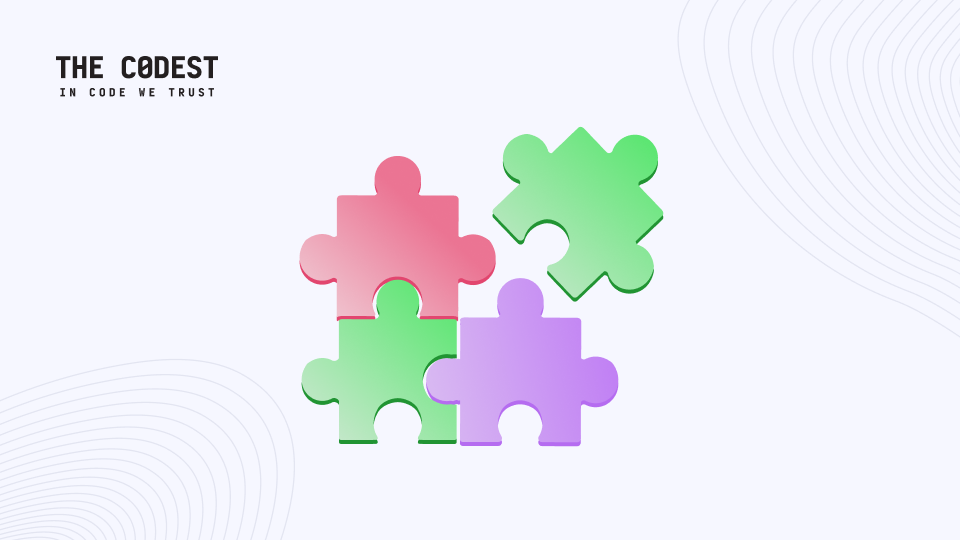Chief Technology Officer (CTO) is a very responsible position, requiring broad competences. Very often, this position includes people who were formerly developers, have a technical background, and have taken the next step towards developing their career by becoming a CTO. However, the problem of insufficient soft skills often arises once they are in post.
It is likely that many of you have followed a similar path. From my own observations, meetings and conversations, I have noticed that the development of soft skills is one of the greatest challenges for every CTO. This is for a very simple reason. Namely, developers focus mainly on improving their knowledge of technology and programming. Issues such as team management, communication or goal setting have never been their responsibility, so they have not spent much time on it.
Most CTOs are people who have taken up this position mainly due to their level of technical competence. As you can probably guess, this is not enough to effectively perform their duties in the new position. Sometimes changing this scope of duties causes problems for a CTO – especially at the very beginning. So, it is a good idea to work out an approach that will allow CTOs to quickly minimize any problems related to soft skills.
Why soft skills are so important?
Let me start with a brief explanation of why soft skills are so important for every CTO. With these skills, you will be able to effectively deal with several important issues:
1. Work organization. The CTO position is a big responsibility, with a wide range of responsibilities that you have to master skillfully. Effective time management for your team and a good work-flow system will be necessary.
2. Communication. This is one of the key areas. Effective communication can be understood very broadly, but let’s focus on interpersonal relations. You need to be sure that your team fully understands your requirements, receives understandable feedback from you, and there are no delays caused by poor flow of information.
3. Gaining the trust of colleagues. If you can effectively communicate with employees, listen to their needs, collect feedback from them and draw conclusions, you will hopefully gain their trust. You will build a bond with the team that will allow you to work better and more effectively.
4. Avoid delays in the project. Make sure the work is well organized. A division of duties and appropriate timescales is another step towards minimizing all the risks associated with delays in the project and not keeping to deadlines. These are common techniques that you should know will help you.

How to develop soft skills?
I would like to draw your attention to freely available and interesting sources to help you develop and gain new – very valuable – soft skills:
1. Podcasts. One of the favorite sources of information for C-level people. Shared knowledge from people who have achieved success or have implemented a project well is invaluable. Podcasts can help you learn new approaches to team management and time planning and provide useful tricks and tips.
Recommended podcasts:
2. Online courses. There are a lot of these available, from Udemy to Ted talks. Online courses are a really great idea, because you can set aside up to 30 minutes each day to learn something new and expand your skills.
3. Classroom training. An alternative to online courses. In this case, you have to take into account a greater time commitment and probably more budget expenditure. Personally, I prefer online learning, but you should not discount in-person (classroom) training.
4. Mentors. An advanced form of personal development. It could be useful to find a personal mentor who looks at your work, finds mistakes and works with you on self-improvement.
5. Blogs and articles. There are thousands of articles and websites on which to read about soft skills. I’ll give you some good advice: do the research and find the most interesting websites, then create a special tab in your browser and place the saved sources in it. Get back to them every day – even during your morning coffee. Keep in mind that even one inspirational article can change a lot in your everyday work life.

And finally a short recommendation
Recently I learned about the OKR Method (Objectives and Key Results) – a technique of successfully setting goals. It is very practical and helpful for achieving everyday goals. Therefore, if you have a problem with self-discipline or limited time to develop your soft skills, try this! I am convinced that thanks to this method you will best plan your development. Good luck!
Read more:








